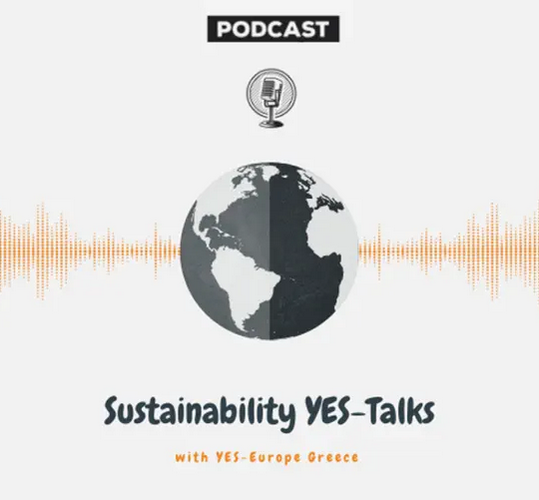Greece has made significant progress in its climate policy in recent years, especially in the transition of its energy model from fossil fuels towards renewable energies. The ETS, one of the EU’s most important climate policy tools, is a key contributor to this direction by setting a limit on the total emissions allowed to be emitted by the sectors covered by it, namely the electricity and heat production sector, energy-intensive industry and aviation.
Drawing from Green Tank’s annual analysis “Trends in the Emissions Trading System, 2005-2022”, Ioanna Souka answers questions about the EU ETS, as part of the Sustainability Yes-Talks podcast series of Yes-Europe Greece. In her discussion with Elpida Besi, she commented on the following:
- Where is Greece’s climate policy today in terms of legally binding targets for the energy transition?
- What is the EU ETS and why is it a milestone for European policy?
- What are the phases of the development of the ETS, which sectors does it cover and what reforms does its latest revision include? How do these contribute most actively to achieving the Union’s climate objectives?
- What is the success of the ETS in the sectors it covers, namely how have CO2 emissions in these sectors evolved since 2005?
- What long-term measures and policies need to be taken in Greece to ensure that the ETS sectors are decarbonized and emissions are further reduced?
The episode was published on October 24, 2023. You can listen to the full discussion at Yes-Europe Greece’s channels on Spotify and Apple Podcasts as well as our YouTube channel.



















































































































































































































































































































